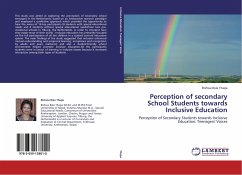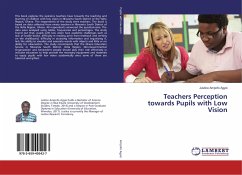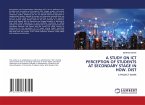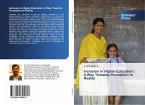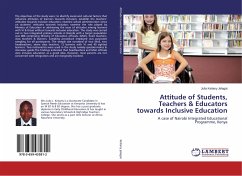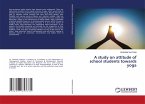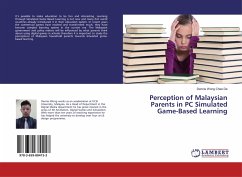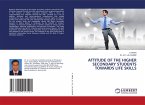This study was aimed at exploring the perception of secondary school teenagers in the Netherlands, based on an interpretive research paradigm and employed a qualitative approach which provided the opportunity to hear the voices of 16 key participants (8 students with special educational needs and 8 students without special educational needs)from two pre-vocational schools in Tilburg, the Netherlands, in order to interpret how they made sense of their world . Inclusive education has primarilty focuded on the full participation of all the children in a student-centred education system. The main findings of the study suggested that inclusion enhanced mutual understanding and reciprocal learning; acceptance and recognition by adults and peers mattered; and also a student-friendly school environment helped promote inclusive education.All the participants students were in favour of learning in inclusive classes because it increased interaction among both types of students.
Bitte wählen Sie Ihr Anliegen aus.
Rechnungen
Retourenschein anfordern
Bestellstatus
Storno

